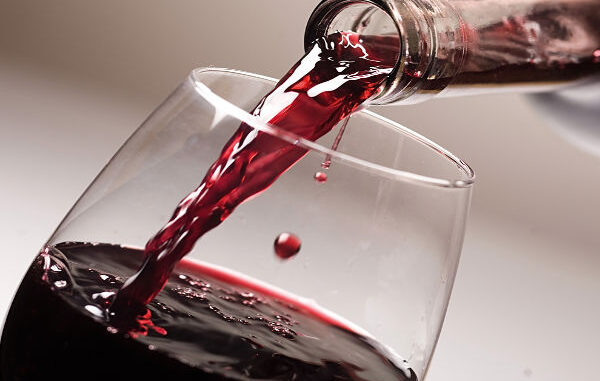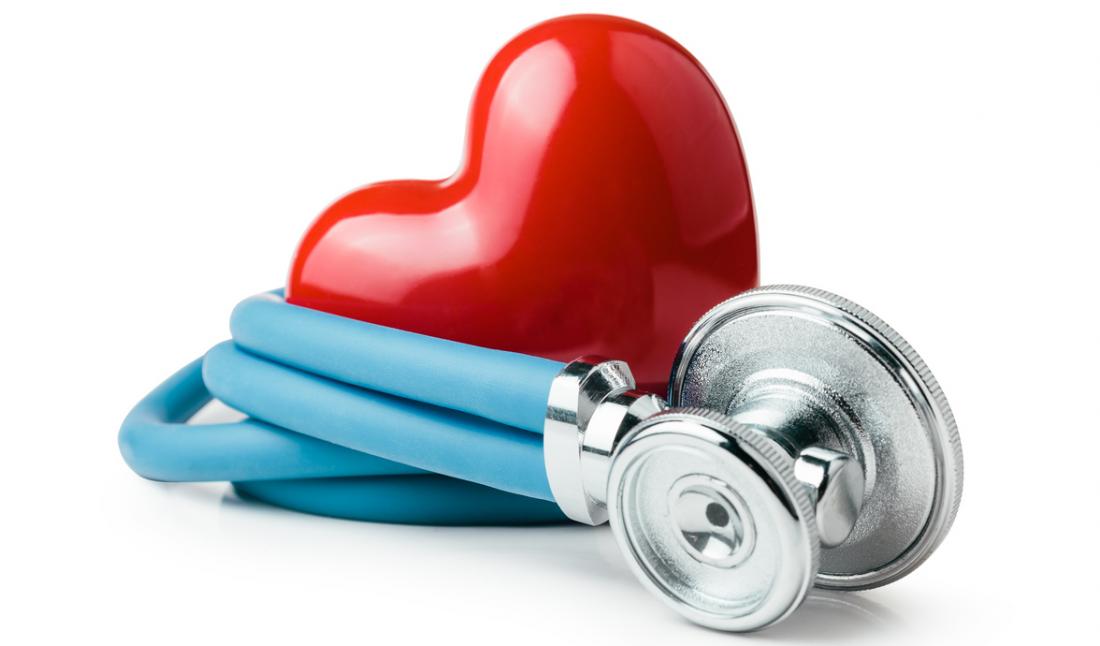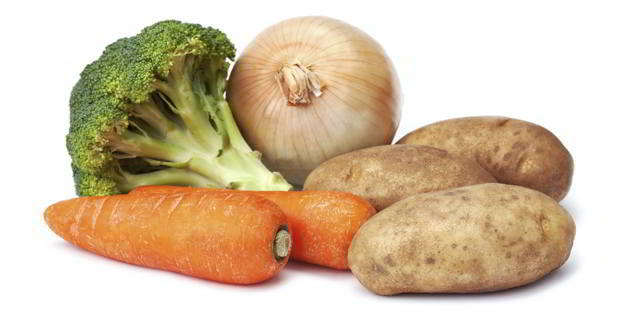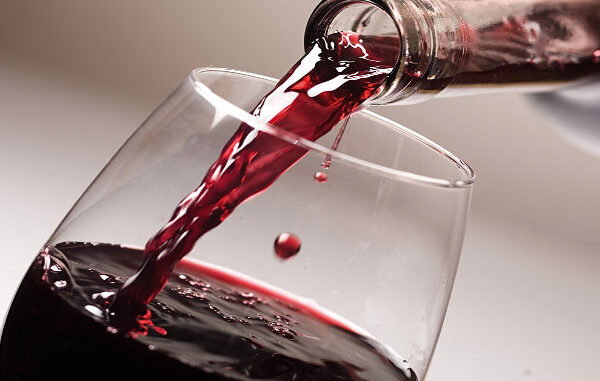
Some research suggests that drinking red wine may have health benefits. If you’ve never had a drink in your life, health professionals advise against it. Red wine, on the other hand, is a viable option if you’re a responsible drinker. Polyphenols, particularly resveratrol, which is present in the skin of grapes, have long been extolled for their health advantages in red wine. Inflammation is a typical indicator of heart disease progression, and these antioxidants may be able to help lower it.

There is a simple answer to the question of why red wine may be better for you than white. The mashed fruit and juice are separated from the skins before most white wines go through the fermentation process. In red wine, the skins of the grapes are left on during the fermenting process. Red wine has a higher concentration of antioxidants than white wine because the skins of grapes contain the majority of the fruit’s antioxidants.
Antioxidants safeguard your cells from oxidative stress, which is a common cause of disease. Polyphenols, plant-derived antioxidants, make up the majority of the wine’s antioxidant content. Some of them are also known as flavonoids. Scientists are particularly interested in flavonoid resveratrol, but red wine includes a variety of flavonoids.
See Also: Is Beer Good For You? You May Surprise To Know After Reading
Table of Contents
- Red Wine’s Potential Health Benefits
- Constraints on Heart Rate and Blood Pressure
- Heart and Circulatory Health
- A Reduced Risk of Cancer
- Dementia Risk Is Reduced
- Diabetes Risk Is Reduced
- Enhances health and longevity
- Red Wine’s Potential Health Risks
- Allergic to wine?
- Abundant Consumption
- Obstetrical Worries
- Gout and alcohol
- Damage to the liver
- How to Preserve Your White Teeth
Red Wine’s Potential Health Benefits
In moderation, any alcoholic beverage could provide the same health benefits as red wine because of its alcohol content. Other studies focus on the unique characteristics of red wine, many of which have yet to be thoroughly investigated.
Recent research suggests that drinking red wine may have the following health benefits:
Constraints on Heart Rate and Blood Pressure
Because of the polyphenols in red wine, it’s possible that this beverage can help reduce hypertension (high blood pressure). Blood pressure readings were decreased by red wine extract in a study of patients with mildly high blood pressure. Systolic and diastolic blood pressure levels rose. According to the findings, red wine’s polyphenols were to blame. Red wine consumption isn’t a “magic bullet,” according to the authors, but it could have a role in maintaining a healthy heart.
See also
Effortless Temporary Tattoo Removal for Children

Heart and Circulatory Health
The evidence suggesting red wine is excellent for the heart continues to grow, despite the disbelief of some researchers. All wines include ethanol, which provides a number of advantages. Ethanol and polyphenols in red wine may have beneficial effects on the heart and circulatory system when consumed together. Heart disease patients with constricted blood arteries stand to gain the most.
A Reduced Risk of Cancer
Red wine contains the antioxidant quercetin, which is another potent antioxidant. According to the Research Society, this antioxidant is effective in the fight against cancer cells. In the case of colon cancer, it triggers the death of malignant cells in an organic way.
Although a polyphenol in red wine, resveratrol, has been shown to lessen the incidence of cancer in animal experiments, no such results have been seen in human trials. Resveratrol, an antioxidant found in red wine, may not be as potent as some experts claim. In spite of this, studies reveal that people who drink red wine have a lower risk of developing colon and prostate cancer. It’s possible that red wine’s other chemicals are to blame for the reduced risk.
Dementia Risk Is Reduced
According to one study, light to moderate alcohol consumption may lower the incidence of dementia, although no particular type of alcohol had a greater impact. Some research suggests that small quantities of alcohol may have a positive effect on the heart and circulatory system. The use of red wine and the supplementation of resveratrol may be beneficial in enhancing the mood and memory of individuals as they age.
Diabetes Risk Is Reduced
Certain research suggests that the incidence of type 2 diabetes in women may be reduced by drinking alcohol in moderation. Drinking wine may lower the chance of developing type 2 diabetes in both men and women. Diabetes risk was higher among men who drank heavily, once or twice a week.
See also
How to Successfully Quit Drinking Without Losing Friends
Enhances health and longevity
To learn more about this, read on. When combined, red wine and vodka raise the risk of death by almost 20%. Resveratrol, a molecule found in red wine, is the key to a longer life, according to extensive studies. Why does red wine include such a beneficial ingredient as polyphenol? In spite of this, many scientists are eager to discover the answers.
Red Wine’s Potential Health Risks
Individuals should measure the health benefits of red wine against the risks and keep in mind the perils of alcohol consumption while deciding whether to consume it.
There are various health hazards associated with drinking red wine:
Allergic to wine?
Wine can cause an allergic reaction in as many as 10% of people. Yeast, moulds, and sulfites are just a few of the wine components that might cause a reaction. Even the health benefits of red wine’s flavonoids can be a problem. Red wine is the type of alcoholic beverage that asthmatics are most likely to react to.
Abundant Consumption
Alcoholism affects a large percentage of the population. Individuals fail to abide by alcohol standards that are included in the U.S. government’s “Healthy People” initiatives. Many people, especially heavy drinkers, underreport their alcohol intake, so the situation is likely much greater than reported.
Obstetrical Worries
Pregnant women should avoid drinking alcohol. Pregnant women and nursing mothers should take this precaution as well. Red wine, as well as any alcoholic beverage, should be avoided.
Gout and alcohol
People with gout should abstain from drinking at all. Gout symptoms can worsen if you drink alcohol, especially wine.
Damage to the liver
Cirrhosis can be caused by excessive drinking of any sort of alcohol, including wine and beer. Hepatitis C, for example, can be exacerbated by alcohol consumption.
How to Preserve Your White Teeth
Red wine staining on your teeth may be worth the risk. A new study has found that red wine and grape seed extracts can reduce the growth of bacteria in your mouth, which means fewer cavities. Brush your teeth after every sip.
So we suggest that Red wine contains a high concentration of strong antioxidants, which have been found to provide health advantages when consumed in moderate levels.













